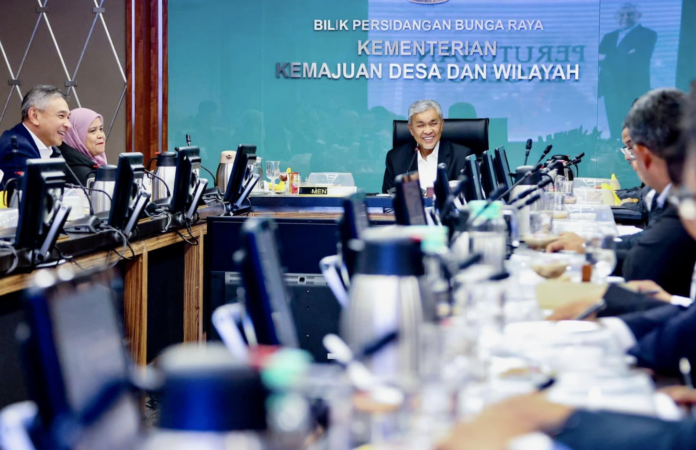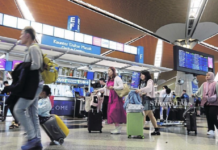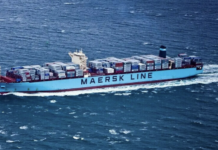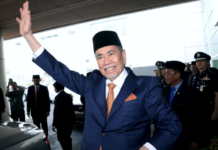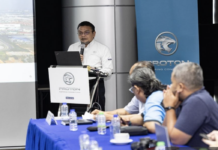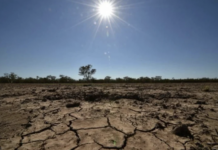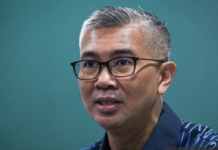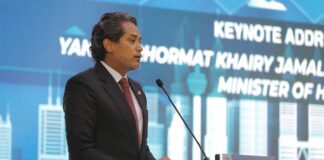PUTRAJAYA, Oct 4 — The Rural and Regional Development Ministry (KKDW) has been asked to identify suitable land, including idle land, for coconut cultivation through large-scale food security projects, such as those implemented in agricultural areas in Sungai Sembrong Kiri, Kluang in Johor, said Deputy Prime Minister Datuk Seri Dr Ahmad Zahid Hamidi.
Ahmad Zahid, who is also the Rural and Regional Development Minister, said that the expected output of raw coconut from the project is 600 metric tonnes per year, with an income generation of approximately RM483,000 per year, while the expected output of coconut milk is 180 metric tonnes per year, with an estimated income of RM1.4 million per year.
“KKDW gives full support to the programme carried out by the Unity Government to increase the country’s food security and ease the cost of living for the people, especially the rural population,” he said in a statement issued after chairing the KKDW top management meeting here today.
Ahmad Zahid said that the Rural Development Policy 2030 (DPLB 2030) outlines several strategies to enhance the role of rural areas as the country’s food security hub, with KKDW carrying out various initiatives.
Among them is the Integrated Village Economic Development Project (Prospek), which optimises development of idle land in villages, by developing niche products and expanding them to create a large-scale economy, he said.
Another project implemented by an agency under KKDW is to develop a rice estate in Seberang Perak, Perak, covering an area of 3,264 hectares, under the supervision of Felcra Berhad (Felcra), with an estimated gross output value of 23,737 metric tonnes for two seasons a year, as of the middle of 2023.
Felcra will also work with the Sarawak and Sabah governments to develop group rice-planting projects between 15,000 and 20,000 hectares, he said.
“Efforts such as this can help the government stabilise the rice buffer stock, which is targeted to reach 290,000 tonnes this year, as well as increase the country’s food security.
He said that the regional development board, under KKDW, will also continue the implementation of programmes to increase food security through the cultivation of vegetables and fruits, cattle and chicken farming, as well as aquaculture projects.
In this regard, he said that KKDW will work closely with the Ministry of Agriculture and Food Security (MAFS) to ensure that the targeted self-sufficiency level can be achieved.
He also hoped that cooperation between agencies under KKDW and MAFS be improved, including in relation to assistance and support in terms of training, skills, research and marketing.




